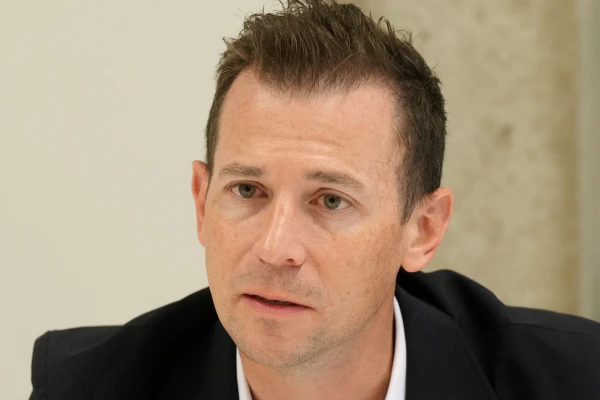
Canada did not previously see itself as a bridge between the U.S. and European countries, but is now beginning to realize that it can play a more important role in this direction, emphasized Jonathan Berkshire Miller, an expert on international relations, defense, and geo-economics, co-founder of the Canadian advisory group Pendulum, in an interview with LETA during the security and foreign policy forum "Riga Conference 2025."
“We didn’t see ourselves that way before, but observing the tension in relations between Washington and Brussels, I think we are beginning to understand that Canada may have a more significant role. We can be a bridge in the Arctic, as we are an Arctic state, like several EU and NATO countries, which are concerned not only about what [U.S. President Donald] Trump says about Greenland but also about the increasingly active actions of Russia and China in the Arctic,” noted Miller.
He expressed hope that Canada will now take on a bit more of such functions. The new Prime Minister of Canada, Mark Carney, is actively advocating for transatlantic cooperation, aiming not only to support Ukraine but also to strengthen ties with Europe.
Miller emphasized that Canada’s relationship with the U.S. is still going through a difficult phase. Many successes of Canadian governments in recent years have been achieved precisely due to close ties with the U.S. — in the areas of market access, trade, and security. However, in Miller's opinion, “we have taken advantage of this while at the same time neglecting it.”
He believes that a similar story may be true for Europe’s relationship with the U.S. in the context of NATO, where many countries have underestimated the significance of this alliance.
“We have tried to convince the U.S. that they also benefit from having a peaceful, stable, like-minded democracy just north of their border. But it’s a complicated conversation. There are things we must do ourselves to ensure the security of our country,” the expert noted.
Nevertheless, there are situations where the U.S. needs to say “no.” In relations with Washington, this creates quite a complex dynamic.
Overall, Canada’s relations with the U.S. have improved thanks to the change in Prime Minister.
“Trump personally really disliked our former Prime Minister Justin Trudeau. They had their history; Trump considered him an arrogant leader. They were like oil and water — they did not get along at all,” assessed Miller.
The current Prime Minister is, according to him, more to Trump’s liking.
Miller called the visit of Carney to Washington an important event. “Nothing terrible happened. If you can get into the Oval Office and come out intact — that’s already a victory,” Miller joked.
In his opinion, Canada’s commitment to increase defense spending to 5% of GDP is a very serious step. Trump’s statements about excluding Spain from NATO indirectly concern Canada as well; however, the expert believes that the positions of these two countries differ, as Spain not only does not spend money on defense but also shirks any obligations.
“Yes, for a long time we spent only 1.3% of GDP on defense. Now we have made promises, but of course, the goal is 5%. Therefore, in Trump’s view, Canada should also be kicked out of NATO. I think we have received some leniency thanks to our new Prime Minister,” said the co-founder of Pendulum.
It is also unclear what exactly Canada would spend this money on if it were allocated for defense. In his opinion, the money would be useful for increasing personnel numbers and developing technological capabilities.
Miller expressed the greatest concern regarding the lack of human resources — Canada finds it difficult to attract people to serve in the armed forces. For example, the Canadian army lacks pilots and submariners, which is particularly relevant as Canada plans to increase the number of submarines to 12.
Moreover, Canada’s mission in Latvia does not sufficiently influence the prestige of the armed forces, as there is too little awareness about it in the country itself. Miller acknowledged that most Canadians probably do not even know that Canadian troops are in Latvia.
“The government should inform the public about this more broadly. But I think we are also hesitating with this because we do not want to hear criticism from individual Canadians who may question whether we should be doing this. Perhaps the government talks less about the mission than it should for this reason,” he added.
The propaganda from Russia and China also has a significant influence on such a position of Canadian society. Miller believes that exposing and countering external manipulations is crucial, but in this regard, action needs to be taken more decisively.
“Mostly we are just defending ourselves. We need to go on the offensive more often against our opponents. We can remain true to our values and the ethics of a democratic, open society while also challenging their institutions,” Miller said.
In his opinion, Western democracies and alliances must realize that without this, it is impossible to win in the long-term struggle.

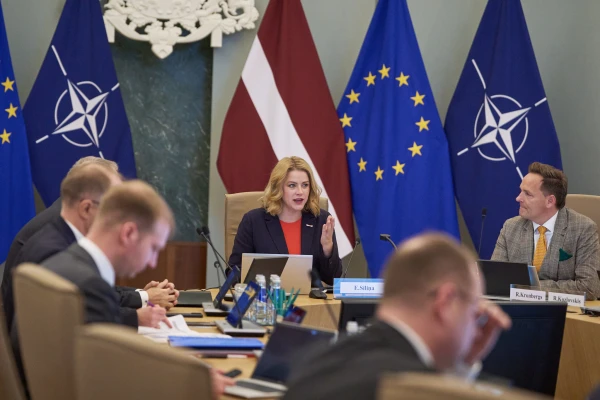
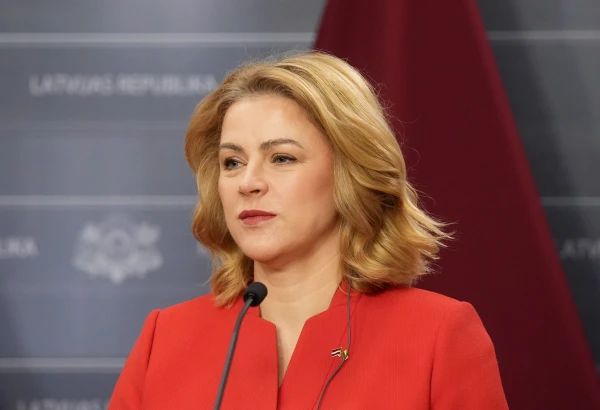
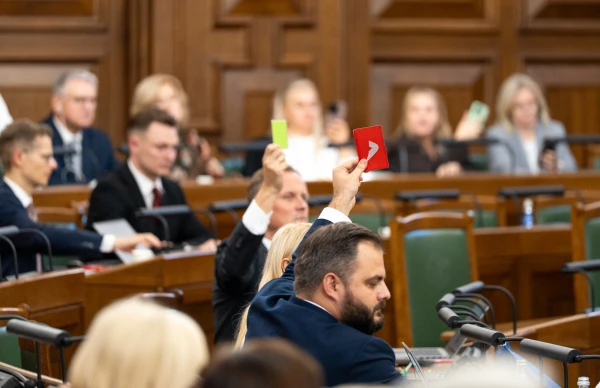
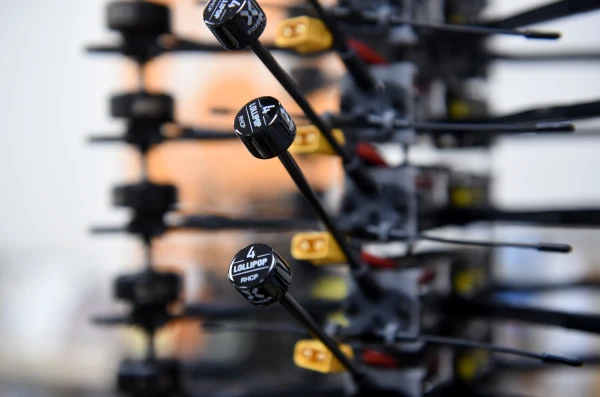
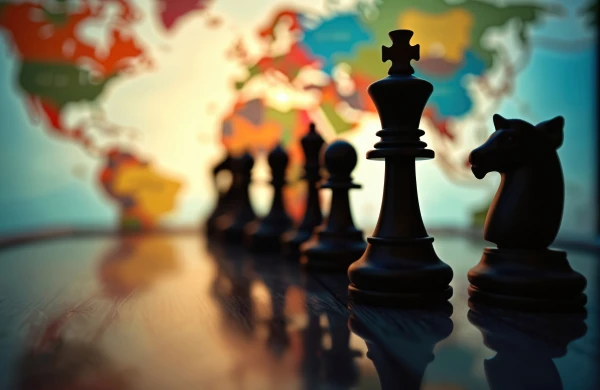

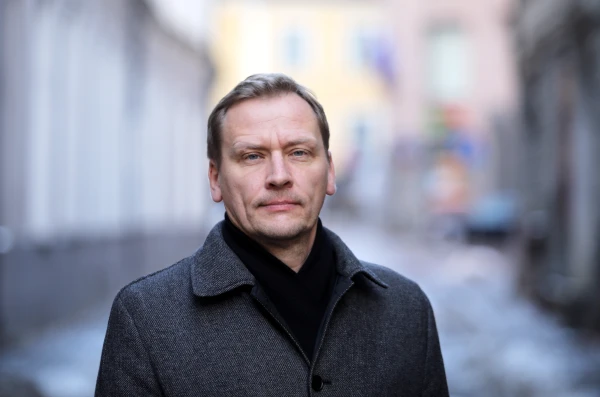
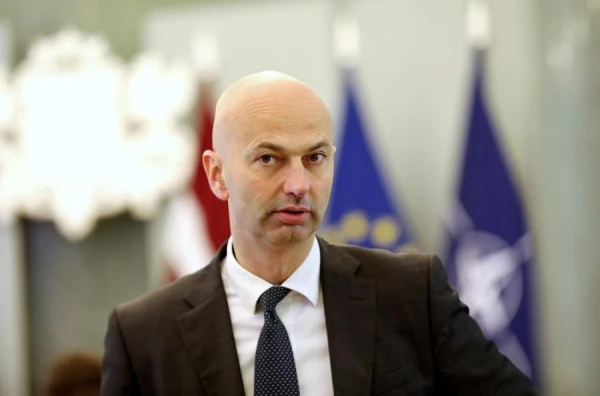



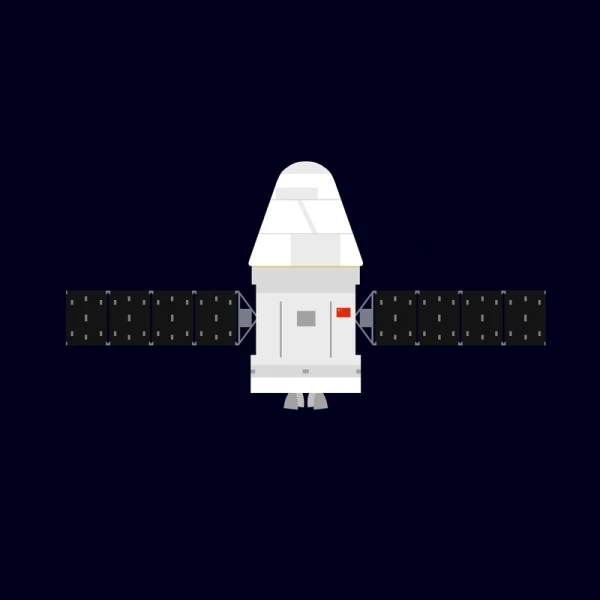
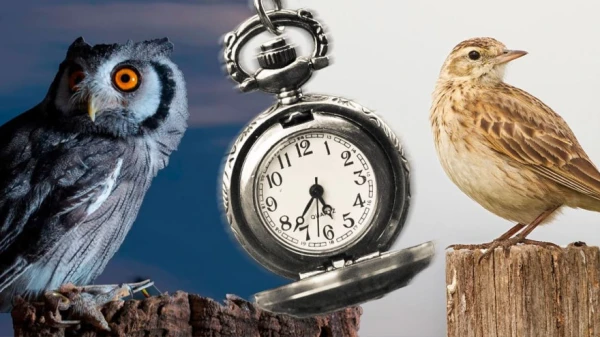
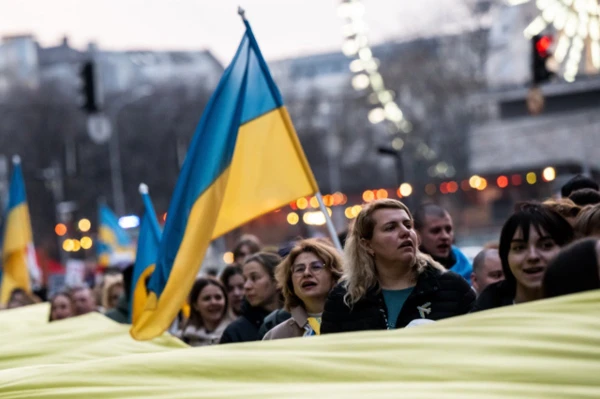
Leave a comment